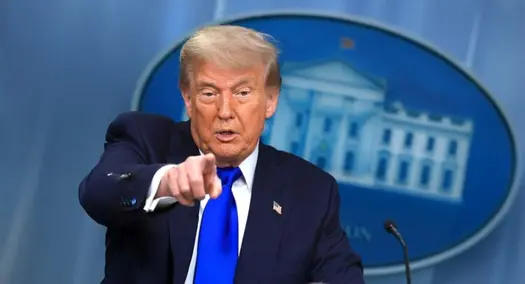T4K3.news
US weighs stake in Intel
The White House is considering a 10% equity stake in Intel tied to Chips Act funding; confirmation from officials is pending.

The administration is weighing a 10% stake in Intel and the possible conversion of Chips Act grants into equity.
US weighs government stake in Intel through Chips Act grants
Bloomberg reports White House officials are weighing a 10% equity stake in Intel as part of the Chips Act framework. If pursued, the stake would be worth about 10.4 billion at current market values and could make the government Intel’s largest shareholder. Intel has already received about 10.9 billion in Chips Act grants to support domestic manufacturing and national security, and converting some or all of those grants into equity is among the options under discussion.
Officials have not confirmed the plan and the stake size remains fluid while internal discussions continue. Intel and the White House did not respond to requests for comment. If enacted, the move would blend public funding with private ownership, potentially reducing fresh capital flowing into Intel while signaling a shift toward government backed national champions in semiconductors.
Key Takeaways
"This would be a turning point for how the government backs private industry."
Policy expert on industrial strategy
"If enacted, the plan could reshape corporate governance for politically sensitive sectors."
Governance expert
"Taxpayers deserve clear oversight on any equity deal with a chip maker."
Taxpayer advocate
This is a test of how far industrial policy can push public backing for private firms. The idea reflects a broader appetite for state guided growth that uses equity alongside subsidies. It also raises questions about governance, oversight, and the long term returns for taxpayers.
There are real risks to market trust and to private capital if the government holds a large stake in a key supplier. Executives could face pressure from political cycles or bureaucratic processes, potentially deterring private investment or shifting risk away from investors toward taxpayers. Regardless of outcome, the debate shows how central semiconductors have become to national strategy and how tough the choices are between rapid private innovation and a more state led approach to competitiveness.
Ultimately, the discussion reveals a policy moment rather than a technical plan: whether Washington will use equity to back champions, or keep funding separate from ownership to preserve market signals and governance norms.
Highlights
- Public money, private risk, national power.
- A stake this size sends a clear policy signal.
- Taxpayers deserve transparency on what this means.
- Bold move or political signal, the market will watch.
Potential political and budget risk around government stake in Intel
The proposal blends fiscal policy with private ownership and could face political backlash, budget scrutiny, and investor pushback. It could set a precedent for state-backed industrial policy, raising questions about governance, transparency, and long-term returns for taxpayers.
Future developments will reveal if this is bold policy or political signaling.
Enjoyed this? Let your friends know!
Related News

Intel stake under review after political clash
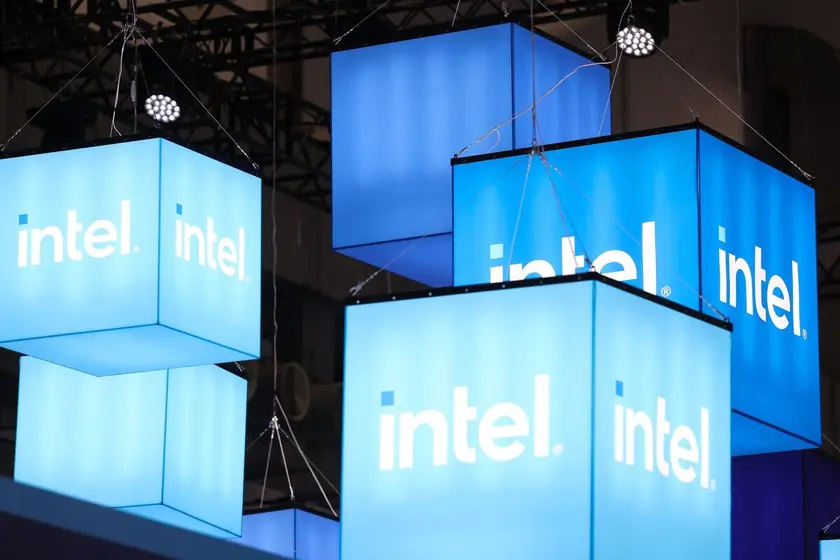
Intel stake under review by government
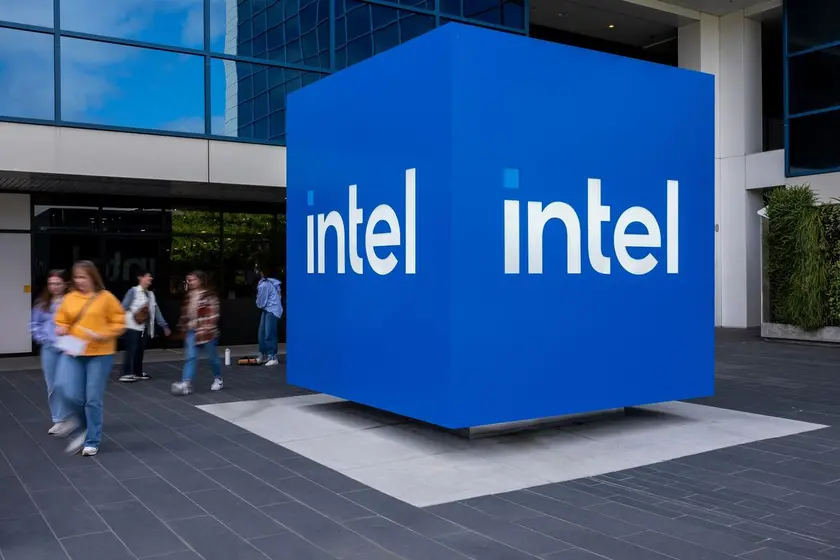
Chips Act funds eyed for Intel stake
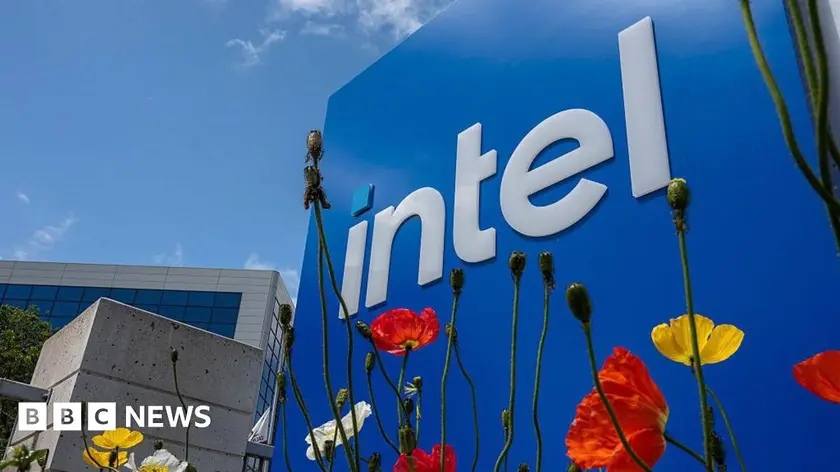
Intel stake reports emerge

FTSE 100 hits new high on tariff cues
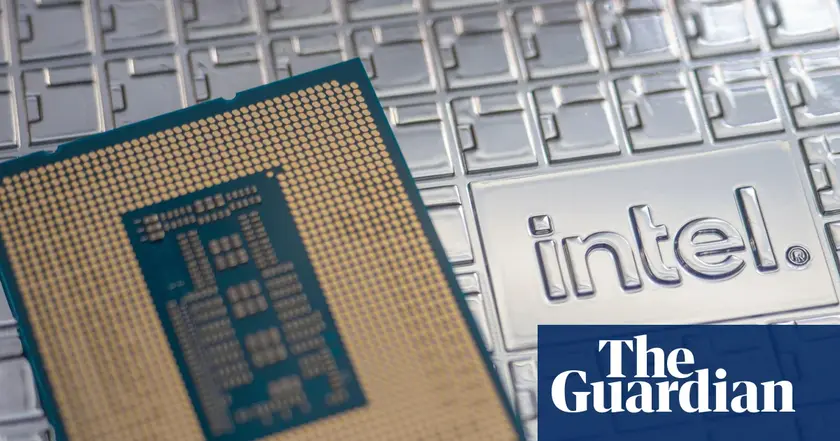
Intel secures SoftBank investment amid stake talk
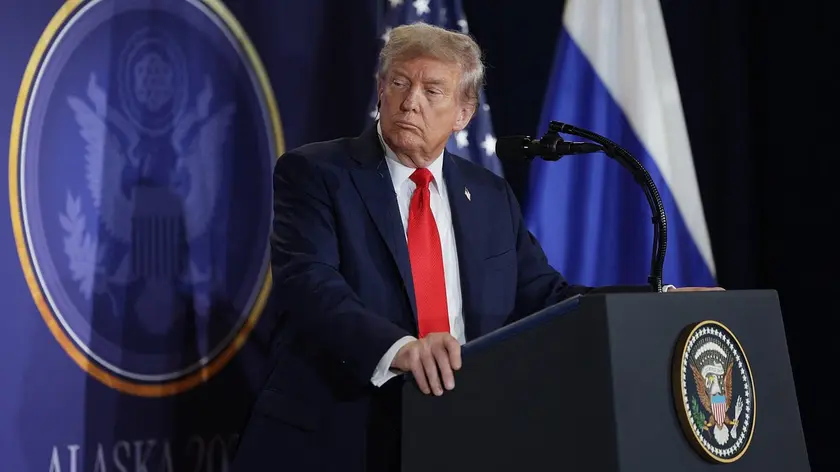
Trump moves on Intel stake
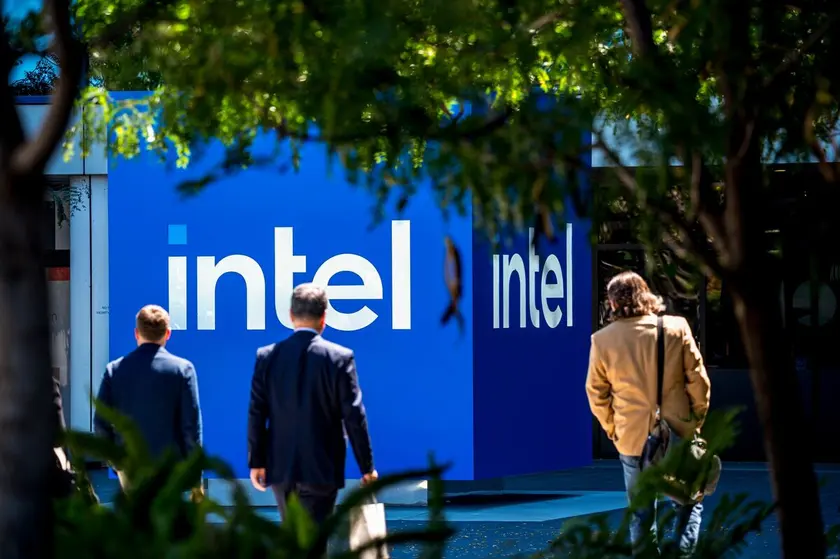
US considers 10 percent stake in Intel
